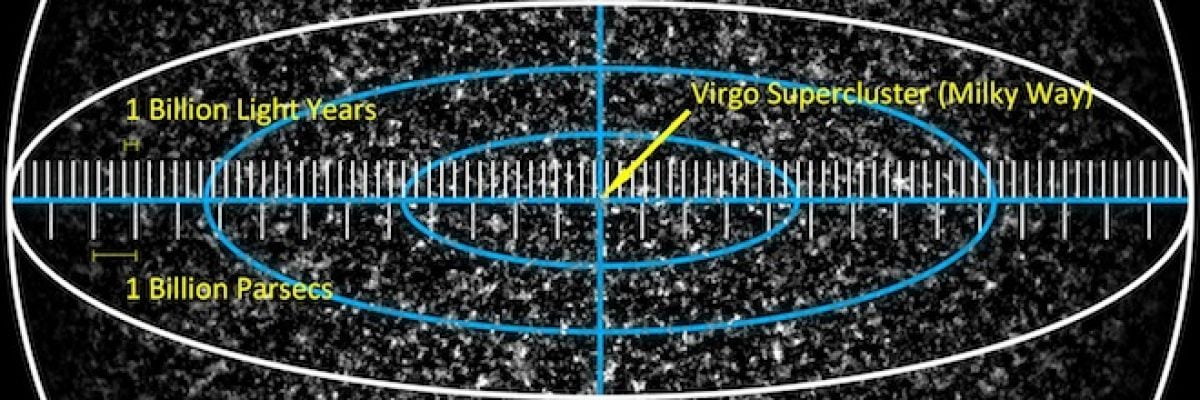
Some critics claim that if God existed, then the universe would not be 13.7 billion years old or be 93 billion light years across as it is currently. Hasn’t science shown that this immense universe was not created for us but that we are an inconsequential part of an uncreated universe?
The problem with this argument is that science can show us only the universe’s dimensions; it cannot reveal any meaning or lack of meaning inherent in those dimensions. In response to this argument, the believer can simply ask, “Why can’t God choose to create a magnificent and grand universe like ours?” The critic might respond that God wouldn’t use such an inefficient process like cosmic and biological evolution and would instead create life instantaneously.
Is efficiency the best?
But the inefficiency of creating a grand universe would be a problem only for a being that is limited in time and resources. For example, after I completed my graduate studies I drove across the country without stopping, because I didn’t have a lot of time or money to spare (especially after draining my student loans). But if I wasn’t starting a job for six months and had just received a large inheritance, I might have gone on a long, scenic trip instead.
In the same way, because God has unlimited time and resources (due to his being eternal and omnipotent), there is no difficulty in him making a grand cosmos for human beings. It’s not as if God loses track of us in the expansive universe he created. Moreover, the human brain is the most complex thing in the universe, so why not think that God made a grand universe for such brains to explore?
Moreover, how does the critic know with confidence that God would not create a world like ours? Suppose God made a very tiny universe with just our solar system in it. Would the typical atheist think, in contrast, that such a world proves God exists? He might just as plausibly argue that if God existed, surely he would have created something grander. A small and simple universe, he might argue, is precisely what we would expect if it simply popped into existence from nothing, without a cause. As C. S. Lewis put it, “We treat God as the policeman in the story treated the suspect; whatever he does will be used in evidence against him.”[i]
Finally, if God chose to create human life through the evolutionary process, then billions of years would be required for the process to culminate in the emergence of human beings. If the universe were static during that time, then it would collapse due to the strength of gravity. Only an expanding universe that eventually becomes billions of light-years in diameter would allow the universe to be life-permitting for the time that is required for intelligent life to evolve.
Is the center the best?
Other critics claim that Copernicus’s discovery that Earth revolves around the sun “de-throned” the special place human beings possessed at the center of a geocentric, God-created universe. However, the reason the earth resided at the center of the universe in the older geocentric model was not because it was special. It was because it was basically just heavy junk.
According to Aristotle’s view of the world, heavier materials such as Earth would fall closer to the center of the universe. Earth was considered the heaviest of the four elements followed by water, fire, and air. It would make sense that our planet would form in the basin of the universe where all the dirt collected, while the more glorified stars made of light and fire would exist higher up in the universe.
In his commentary on Aristotle, St. Thomas Aquinas wrote, “[I]n the whole universe, just as the earth which is contained by all, being in the middle, is the most material and ignoble among bodies, so the outermost sphere is most formal and most noble.”[ii] Far from making human beings insignificant, later astronomical advances have liberated human beings from residing in the most “ignoble” spot of the universe.
So, in conclusion, the neither the location of human beings in the universe nor the size of the universe they inhabit constitutes proof that God did not create the universe.
[i] C.S. Lewis. Miracles. (HarperCollins, New York, 1996) 79.
[ii] Thomas Aquinas, Commentary on Aristotle’s ‘On the Heavens,’ Book II, Lecture 20, Section 485. It’s important to remember that the Church has never asserted that the physical descriptions of the universe provided by Aristotle or Aquinas were infallible and unchanging Church teachings.



